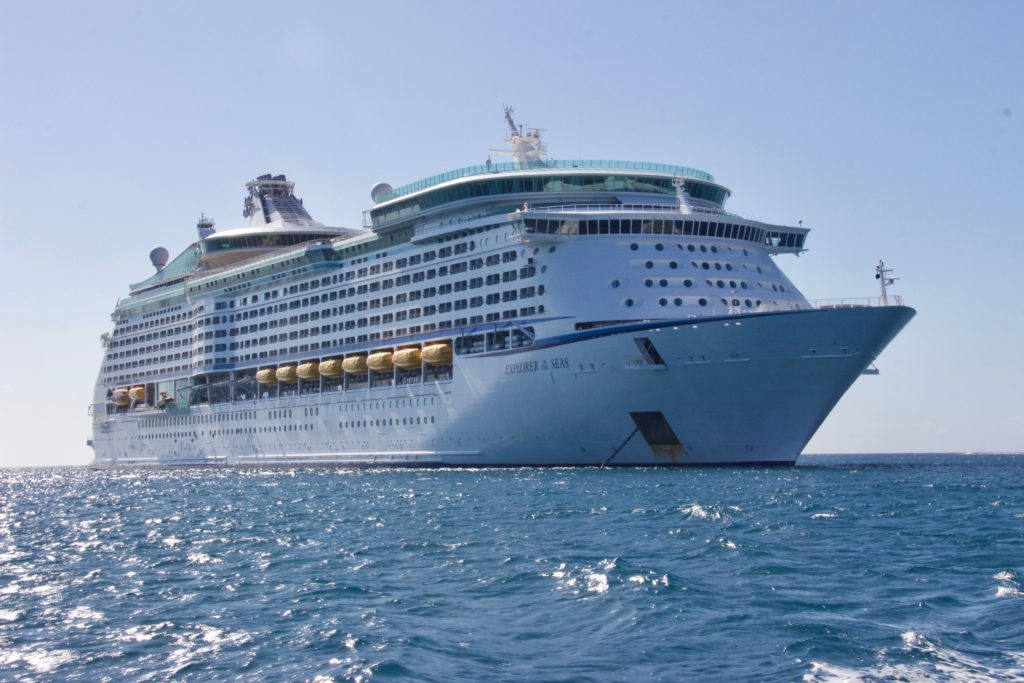Despite being the butt of many lawyer-themed jokes, maritime law is a real thing and it is a lot more convoluted than one would think.
Most people think they’ll never have to worry about maritime law, it isn’t like the average person spends an extended period of time on a boat where it’s likely it’ll have to be enforced, will it?
Cruise ships are one of the most popular options, often with journeys lasting two weeks or more and excessive amounts of alcohol consumption. All of this can lead to some very interesting questions when a crime is committed in international waters.
So how do you operate on the right side of the law while at sea?
Who Has Jurisdiction?
Obviously how harshly a crime will be punished is entirely dependent on the national laws being applied. The demarcation zone for international waters is 24 miles off of the coast of any given country.
Those within the 24 mile radius are subject to that country’s laws and regulations, while past that zone the laws of the flag being flown by the ship apply. It isn’t uncommon for cruise ships to fly flags from countries with very loose laws as to take advantage of the lack of oversight.
Certain criminal events that take place in international waters near the U.S. coast have the possibility of being investigated by the FBI, especially if American citizens are involved. While the laws itself may be murky when it comes to the FBI’s involvement, if someone becomes notorious as a troublemaker on cruise ships you can rest assured they’ll quickly become persona non grata.
Crimes Committed While Cruise Ship Is Docked
When a crime occurs to the patron of a cruise ship while the ship is in port, typically cruise security is sought out first. From there, the local authorities are likely to follow up and interview everyone involved.
The cruise ship staff can be helpful in finding interpreters to fully communicate the situation at hand. Of course, law enforcement resources and attitudes vary from country to country, so in some crimes perpetrated against cruise ship patrons go unsolved on a routine basis.
Can I Get Arrested On A Cruise Ship?
Some of you must be wondering if you can get locked up and thrown in the brig while at sea. The answer is that yes, you absolutely can be detained by cruise ship security if you are proving to be a bothersome passenger.
Simple offenses that require some minor cool-down time usually just results in confinement to your accommodations, but more serious infractions can result in being kept in a padded cell until you reach shore.
For the most egregious of offenses, it isn’t out of the question for you to be escorted off the ship and left in a foreign jail until you are properly processed. Cruise ship security is often courteous and accommodating during the “arrest” as the cruise ship company would like to minimize any risks associated with the confinement plan.
How To Behave
It seems like whatever laws & statutes you’ll have to follow can change at the drop of a hat, so how do you make sure you’re never treading a fine line between harmless fun and an international incident? It’s actually fairly straightforward: if you’re pretty sure that a certain activity wouldn’t result positively on land, then don’t give it a shot while on board.
If you are the victim of a crime, it is best to document as much as you can and file a report with the cruise ship security. From there, you can secure a lawyer to help back up your suit and get reimbursed in damages even if criminal charges are difficult to place.
Fully read the website of any options available to you before committing. It is of the utmost importance that you document as much as you can and promptly report the incident to cruise ship security. It might seem ineffectual at first, but what you’re doing is creating a complex paper trail that helps state without a shadow of a doubt exactly what transpired on that boat.
Yes, what laws you’re being governed by while on a cruise ship change depending on how close you are to shore and what flag is being flown when far from shore. Don’t expect it to be of major importance, but there are some intricacies and loopholes that are special to maritime law that don’t apply in any other sort of case. Have your wits about you and act in a safe manner that minimizes the chances you’ll be stuck in a risky situation.

